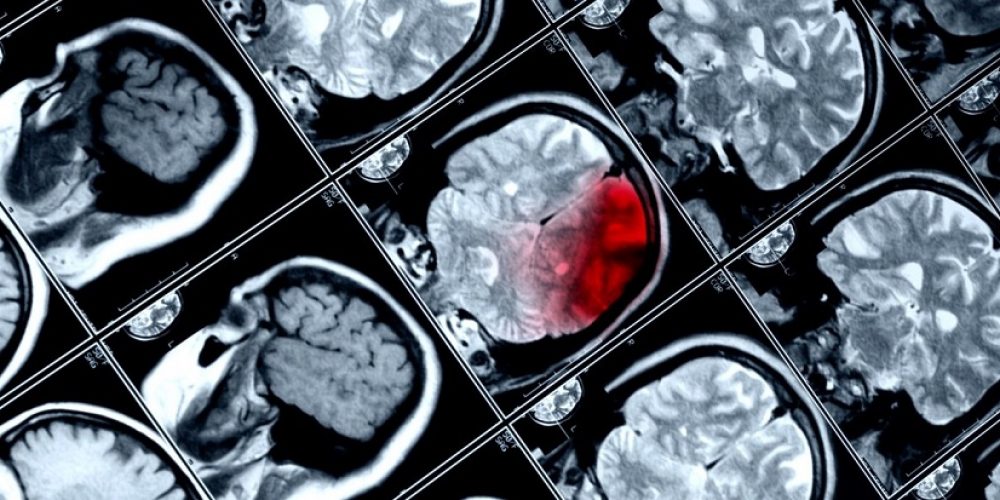A traumatic brain injury (TBI) results from a violent blow to the head or body through impacts such as a car crash or penetration of the brain tissue by an object like shrapnel or a bullet. While severe TBIs require immediate medical care, victims and family members should watch for subtle signs of traumatic brain injury and be prepared to act.
Causes of Traumatic Brain Injuries
Any trauma to the head is serious, but a TBI can be life-threatening. Leading causes include:
- Falls – About half of the traumatic brain injuries each year are caused by falls
- Car accidents – High-impact collisions can result in TBIs when vehicle occupants are violently thrown around or ejected
- Sports injuries – Blows to the head frequently occur during contact sports such as football, and soccer, leading to TBIs
- Violent crimes – Assault and battery, child abuse, domestic violence, and shootings often result in head and brain injuries
- Medical malpractice – Misdiagnosis, anesthesia errors, and surgical mistakes are the cause of many TBIs
TBIs often result in loss of consciousness, but that is not always the case. Other severe symptoms of traumatic brain injury requiring immediate medical attention include:
- Persistent headaches
- Balance problems
- Nausea/vomiting
- Slurred speech
- Excessive sleepiness
- Confusion
When someone’s negligence causes a TBI, victims can sue for damages.
Identifying Subtle Signs of Traumatic Brain Injury
TBIs range from mild to moderate to severe and may result in permanent brain damage or death. Severe symptoms are usually immediate and obvious; victims and loved ones may overlook delayed symptoms. After any head injury, it is critical to spot subtle signs of traumatic brain injury, such as:
Personality Changes
A TBI can alter the victim’s personality. How the brain is affected depends on the type of injury and the precise location of impact. For example, a severe blow to the frontal region might result in the victim becoming risk-prone or having more trouble with impulse control than before. Seeking medical attention is imperative if the person’s behavior, emotional disposition, or general outlook change after a head injury.
Excessive Lethargy
It is common for brain injury victims to be exhausted immediately after the injury, but persistent lethargy and physical or mental exhaustion indicate long-term TBI problems. Other red flags include changes in sleep patterns, sluggishness, and general apathy.
Vision Problems
Badly blurred vision after an accident involving head trauma is an obvious sign of traumatic brain injury. Subtle vision changes, however, such as trouble reading up close or more limited long-range vision, should not be ignored but addressed immediately.
Numbness or Tingling
Head trauma victims may experience lingering scalp numbness or the sensation of pins and needles occurring predominantly on one side of the body that may be related to damage to specific regions in the brain.
Faintness or Balance Problems
Fainting spells or balance problems can occur if blood flow to the brain is disrupted. Fainting often coincides with lethargy, exhaustion, and increased sleep hours.
Memory Problems
Some memory problems are common after a head injury. Memory deficits that linger past the recovery period, such as forgetfulness, inability to recall names or places, or worsened short-term recall, are signs of traumatic brain injury and a potential long-term impact on processing and retaining information.
Altered Taste and Smell
The olfactory system, which regulates our sense of taste and smell, consists of mucous membranes, olfactory glands, neurons, and nerve fibers that extend to regions in the forebrain, including the hypothalamus and amygdala. A person who experiences changes in taste or smell after head trauma may have suffered a TBI.
Persistent headaches or dizziness
Headaches or dizziness are common after a blow to the head; however, persistent numbness, dizziness, or headaches may be a sign of nerve or brain damage.
Next Steps
If you or a loved one has suffered head trauma and experienced subtle signs of a TBI, seek immediate medical treatment. Failing to do so may lead to worsening injuries that have lasting repercussions. Once you start recovering, talk to an experienced brain injury attorney. You have the right to file a lawsuit to recover damages if your injury resulted from another party’s negligent, reckless, or willful conduct.
A capable attorney can handle all the details of your claim, negotiate a legal settlement, or take your case to trial if necessary. You may be entitled to damages such as:
- Medical expenses
- Rehabilitation costs
- Lost wages or income
- Loss of earning capacity
- Pain and suffering
- Emotional distress
- Permanent disability
- Loss of enjoyment of life
- Attorney fees and court costs
Money can’t undo the harm you have suffered from traumatic brain injury, but you deserve compensation for all your medical and financial needs.
The Takeaway
Some traumatic brain injury victims recover completely; others require lifelong care. Looking out for the subtle signs of a TBI will improve your chances of healing and living a long and productive life.




Comments 0